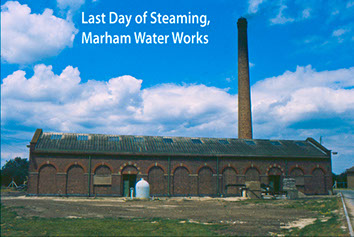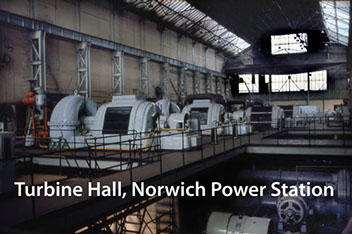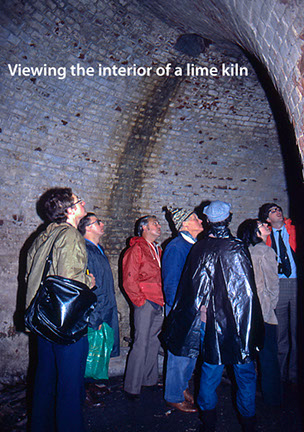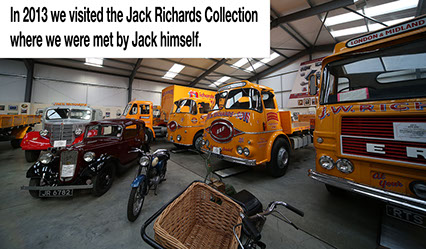NORFOLK INDUSTRIAL ARCHAEOLOGY SOCIETY

NIAS - Norfolk Industrial Archaeology Society
Our Start
 NIAS grew out of a WEA class on the subject some 54 years ago. It was recognized in the early 1970's that there were many long established businesses closing down. Also many premises that had been abandoned for perhaps 30 years or more were now seen as ripe for development.
NIAS grew out of a WEA class on the subject some 54 years ago. It was recognized in the early 1970's that there were many long established businesses closing down. Also many premises that had been abandoned for perhaps 30 years or more were now seen as ripe for development.
The early years of the Society saw a lot of rescue recording. As a result records were made and items collected for museum and archive deposit. We took the decision that it was not our role to seek the preservation of sites we recorded.
The importance, not only of recording, but also of writing up and depositing records, with eventual publication was recognized by the Society. We may be amateurs, but we have always sought to apply best practice to our work.
These principles form the basis of our aims.
 Aims
Aims
- To study the industrial history and archaeology of Norfolk
- To record as far as possible full details of all industrial monuments in Norfolk, particularly those for which no records exist and which are in danger of destruction
- To initiate, support and publicise efforts to preserve important industrial monuments and records in Norfolk
- To publish as fully as possible the results of the Society's activities
NIAS is affiliated to the Association for Industrial Archaeology, and is a member of The Council of British Archaeology.
 Members Skills
Members Skills
Members are welcome from all parts of the community and with no need of specialist skills or knowledge. That said, members bring a wide range of skills to the work of the Society. Clearly those with an engineering background or interest find that useful when understanding and recording machinery. Others have skills as draftsmen, some unknown until they record a building or machine layout. Photography continues to be a major way of recording many sites. Those interested in documents may carry out research to put flesh on the carcase of industrial remains. Others make sure our records are kept correctly. All can help in carrying out surveys. In short everyone can find a practical role in industrial archaeology if they wish.
Over the years members gain new skills and experience, and most are keen to pass on their knowledge to other members. Indeed one of the principle roles for our society is spreading information between members.
Members have also been known to help at open days, staffing stands or even running the odd historic engine.
Others of course wish just to come along to our meetings, learn a little and perhaps make new friends. They are just as welcome and are very important to the Society.
Our monthly talks both entertain and educate us, and often lead to lengthy discussion. Its not unknown for speakers to learn almost as much as the members from the meeting. Suggestions for speakers are always welcome.